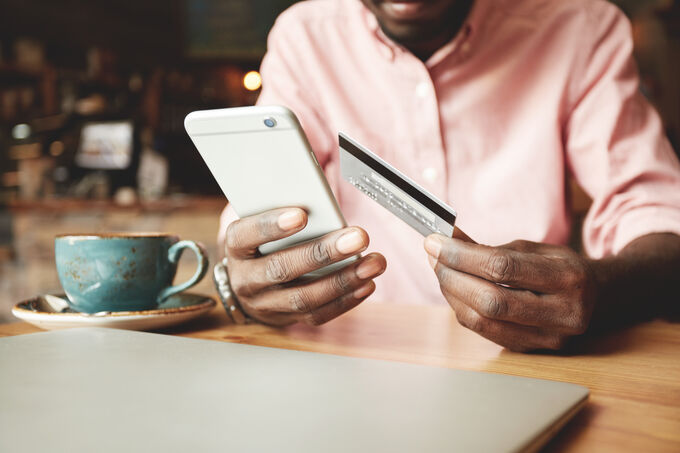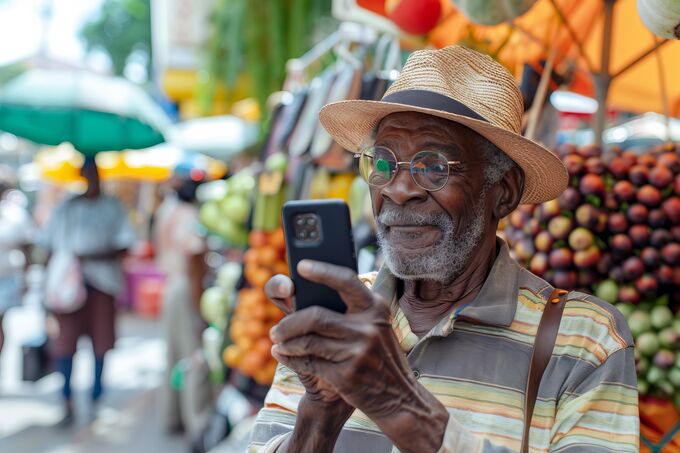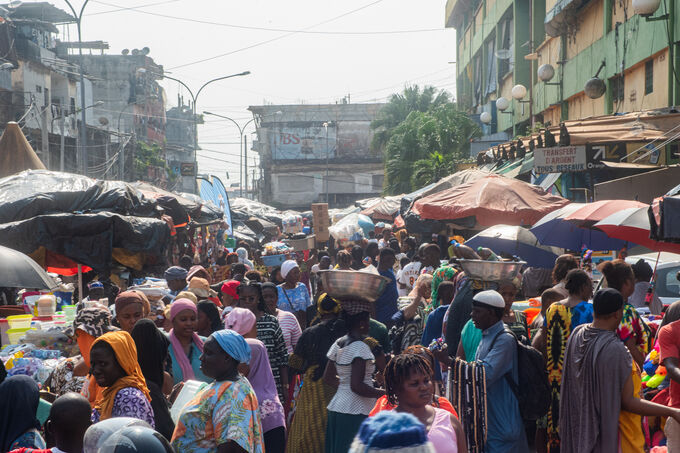
News
What does it feel like to be unbanked?
by Sabine F. Mensah, Deputy CEO AfricaNenda - 16 March 2023
Last year, while I attended the Mobile World Congress in Barcelona, my handbag was stolen. Suddenly, I found that I had no identification document, no debit or credit card, and no cash. Throughout this ordeal, I depended on my colleagues to loan me cash. I have never felt so vulnerable, excluded, with no control over accessing my finances or a solution to cover my expenses. It was quite daunting. Ultimately, I found my way back home on a temporary passport and was re-issued my bank cards. Many aren’t as lucky.
Does the financial sector look at the unbanked?
Over 350 million financially excluded adults in Africa live cash to cash without the security of a financial account, credit cards, or lending facilities. According to the Word Economic Forum, approximately 500 million people in sub-Saharan Africa do not have proof of legal identity. Yet, most banks in sub-Saharan Africa will ask you for proof of ID, address, and income just to open an account. I have always found it ironic that while banks in the West incentivize account opening through loyalty schemes or prizes, in most Sub-Saharan African countries, you pay banks a fee to deposit a cheque or cash into your account, to get online banking services or even to collect your debit card. Why are we then surprised the ‘bottom of the pyramid’ is systematically excluded from the classic financial sector/system?
Paradigm shift: banking without bricks and mortar!
Who could tell prior to 2007 that a standard mobile phone could compete with banks in offering financial services? Today, there is no doubt that the development of digital financial services, mobile money, has significantly contributed to financial inclusion alternatives in Africa. According to Findex 2021, 33 percent of adults in Sub-Saharan Africa had a mobile account. Better yet, it states that those accounts facilitated savings and access to credit for some consumers. Despite dormancy rate challenges, the adoption journey of mobile money, heds a ray of hope for the future of the unbanked. The emergence of fintech and social enterprise start-ups in the digital ecosystem can boost innovation for banking the poor. Although, for such solutions to impact fully and positively the unbanked, the digital finance ecosystem needs to provide incentives, regulations, and policies that enable them to address their needs and challenges, to feel their pinch. Till then, ecosystems will continue to serve a privileged part of the population.
I attended the Mobile World Congress in Barcelona this year again. One of the highlights was the Innovation City, a dedicated area where companies demonstrated their latest innovations in a hands-on environment. I saw the latest technologies in action and the full potential of disruptive technologies in the health, sustainability, retail, etc. It was also refreshing to hear a lot of discussions around affordability of mobile devices, gender, urban / rural divide, the humanization of technology. I remain hopeful on the future of payments and digital inclusion and look forward to the velocity at which we level the playing field to unlock universal access to financial services for all Africans by 2030.



